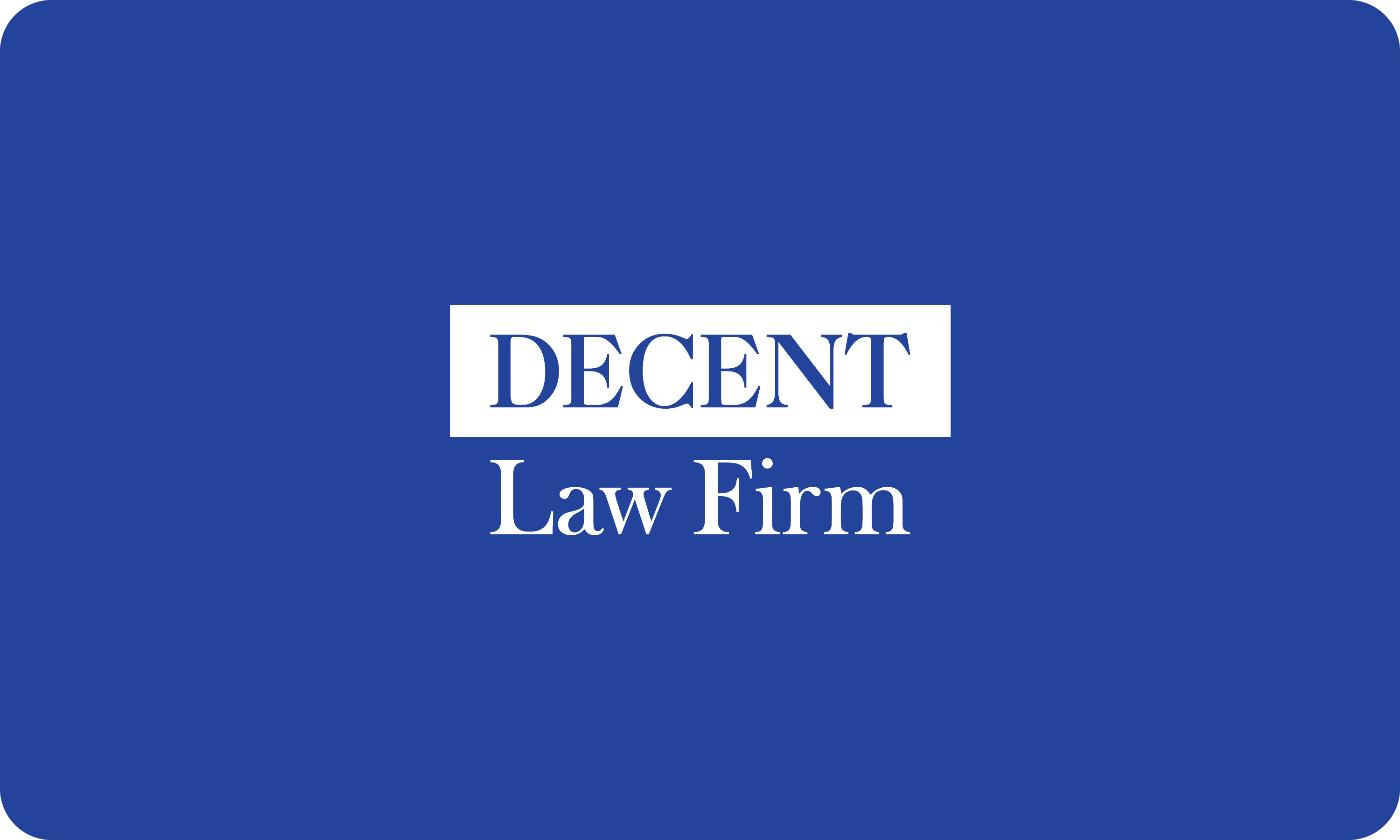-
 Media Coverage
Media CoverageHaru Invest, which suspended withdrawals, is suspected of establishing an overseas entity to avoid regulations.
As Haru Invest, a virtual asset deposit service provider, faces bankruptcy and becomes embroiled in fraud allegations, suspicions have arisen that the company established an overseas entity to evade domestic regulations. Additionally, after the service suspension, key executives went into hiding, leading to criticism from investors that this may have been a deliberate fraud. (omitted) The sudden suspension of deposit and withdrawal services by Haru Invest has intensified suspicions that Haru Invest and Blockcrafters may have intentionally engaged in fraudulent activities. While Delio, facing similar issues, has taken measures such as meeting with investors and issuing statements, Haru Invest has remained silent, fueling further concerns. The class-action lawsuit filed by Decent Law Firm on the 20th at the Seoul Central District Prosecutors' Office targets not only Haru Invest’s executives but also the executives, auditors, and management team employees involved in the operations of Blockcrafters. Decent explained that the inclusion of Blockcrafters' executives in the lawsuit is aimed at uncovering the exact cause of the Haru Invest crisis and understanding the previously unclear relationship between the two companies. One of the key issues in this lawsuit is the suspicion that Haru Invest may have improperly obtained information from Blockcrafters' accelerator (AC) business. Additionally, there are allegations that Haru Invest might have used this information to promise returns of over 10% annually, which is expected to be a focal point in the lawsuit. Pureun “Ian” Hong, managing partner at Decent Law Firm, stated, “The fact that Haru Invest and Blockcrafters share the same internal directors and office space is evidence that they are essentially the same company. There is also the possibility that sensitive information from projects Blockcrafters gained through its virtual asset investment processes, such as corporate presentation materials, may have been leaked to Haru Invest.”
2023-06-21 biz.chosun -
 Media Coverage
Media CoverageWhy is Haru Invest involved in a 'rug pull' controversy?
Host: Reporter Jang Se-jin Guest: Pureun “Ian” Hong, managing partner at Decent Law Firm Q. Why did Haru Invest suspend deposits and withdrawals? Haru Invest offers a virtual asset deposit service. On the 13th, it temporarily suspended deposit and withdrawal services, stating "issues with a partner company." Q. What is the current situation with Haru Invest? Haru Invest announced that "a problem occurred with a partner company," but did not disclose the name of the partner. "Investor anxiety is increasing." Q. How does Haru Invest operate virtual asset management? Haru Invest offers high annual interest rates when investors deposit coins. It guarantees fixed profits to investors. Q. Why does Haru Invest guarantee fixed profits? Haru Invest promised a 12% interest rate for Bitcoin deposits. Q. Is guaranteeing high fixed returns legally problematic? If virtual assets are managed in various ways, high returns are possible. However, if there are losses in the management of deposited assets, paying the promised interest becomes impossible. Haru Invest offers significantly higher interest rates compared to traditional financial institutions. Q. Is it possible for Haru Invest to guarantee such high fixed returns? Haru Invest conducts arbitrage trading using partner companies. Q. Is Haru Invest involved in a 'rug pull' controversy, and is there suspicion of a Ponzi scheme? If Haru Invest uses funds from new investors to pay interest, it would be considered a Ponzi scheme. Q. What is the Merge Point incident? The sale of Merge Money at a 20% discount was halted, leading to fraud charges. In the first trial, the court sentenced the defendants to 4 and 8 years in prison for embezzling funds for personal use. Merge Point's CEO, Jinhee Kwon, passed away, and the court dismissed the charges. Haru Invest is now being compared to the Merge Point scandal. Q. How can Ponzi schemes be identified? Coupang, with its rocket delivery service, reduced deficits for the first time in history. Tesla overcame capital erosion and is currently experiencing its longest rally. Understanding the business’s revenue structure and vision is crucial in distinguishing a Ponzi scheme. "The basic principle is High Risk, High Return."
2023-06-19 NBN NEWS -
 Media Coverage
Media CoverageHaru Invest and Delio investors launch a 'class-action lawsuit.'
On the 13th, Haru Invest, a leading domestic virtual asset (cryptocurrency) management company, abruptly suspended deposits and withdrawals of investor assets and shut down its office. The following day, on the 14th, Delio, regarded as the top virtual asset management company in Korea, announced a suspension of deposits and withdrawals, citing the fallout from the Haru Invest crisis. (omitted) Hyeonsu “Elliot” Jin, managing partner at Decent Law Firm, stated, "Although Delio's asset management methods and entities are not yet fully disclosed, it seems likely that Delio entrusted customer assets to Haru Invest, which in turn handed them over to B&S Holdings for management, where the issue may have occurred." The sudden suspension of deposits and withdrawals has left investors in a state of panic. They trusted the high interest rates of over 10% and deposited their virtual assets, but now they find themselves unable to recover not just the interest but even the principal. Attorney Hyeonsu “Elliot” Jin advised that investors should consider both civil and criminal legal actions. He said, "Given the large number of victims and the substantial amount involved, investors should collectively file criminal complaints and civil lawsuits to protect their assets." Additionally, he suggested that, depending on the nature of the contracts between the companies and investors, civil actions such as claims for the return of virtual assets and compensation for damages should also be considered. Attorney Jin explained, "Before embarking on long civil lawsuits and compulsory execution processes, there may be grounds to request an injunction to prevent the disposal of virtual assets or to freeze virtual asset claims." He also mentioned, "Haru Invest and Delio may file for corporate bankruptcy or rehabilitation due to insolvency and inability to meet obligations. If that happens, the court will review and investigate the company's remaining assets, convert them into cash, and distribute the proceeds to creditors. Creditors should be prepared by filing claims in advance." He emphasized, "It's important to capture account information, details of virtual asset holdings, and transaction records from Haru Invest and Delio in advance to prove your status as a creditor. Capturing all transaction details, including deposit and withdrawal histories, is also a good practice." He further advised, "For the time being, it’s wise to convert virtual assets into cash. Financial incidents tend to have a domino effect. Given the recent market turmoil caused by the U.S. SEC's regulation of virtual assets, it’s recommended to withdraw funds from centralized exchanges to avoid additional losses until the situation stabilizes."
2023-06-16 Korea Economy -
 Media Coverage
Media CoverageThe lawsuit against Haru Invest and Delio, following their 'withdrawal suspension,' expands overseas.
Legal action by investors related to the withdrawal suspension of Haru Invest and Delio is expected to expand beyond domestic investors to include foreign investors as well. Decent Law Firm, a law firm specializing in virtual assets and startups, is preparing a collective legal response for foreign investors affected by the Haru Invest and Delio crisis. According to the virtual asset (cryptocurrency) industry on the 16th, Decent Law Firm announced through social media the day before, "We have gathered to represent Haru Invest and Delio users who wish to recover their assets through legal procedures," adding, "Regardless of whether you reside in Korea, you can participate in individual or group lawsuits or seek redress through a collective lawsuit." Decent Law Firm, founded last year, provides specialized legal services in the digital asset sector, including virtual assets, NFTs (non-fungible tokens), tokens, fractional investments, asset management, and exchanges. Hyeonsu “Elliot” Jin, managing partner at Decent Law Firm, stated, "After posting the announcement last night, we received many inquiries and applications by early morning." He further explained, "Around 10 people from countries like Australia, France, Canada, and the United States have contacted us directly through our website, email, and Telegram." Jin added, "One of the investors mentioned they had invested about 7 billion KRW (approximately 22 Bitcoins)." Most of the inquiries received by Decent Law Firm so far are from investors related to Haru Invest. Jin said, "Most of the inquiries have been regarding Haru Invest," and noted, "While Delio seems to have many domestic investors and institutional investors, Haru Invest appears to have a significant number of foreign investors as well." Haru Invest is a virtual asset management company established by the domestic blockchain accelerator Blockcrafters. The company is registered in Singapore and has a Korean branch, Haru Invest Korea. According to its website, Haru Invest has secured over 80,000 members from 140 countries. Jin added, "We will need to keep an eye on the situation," and further mentioned, "We will serve as a communication channel for foreign investors who are not aware of the ongoing situation in Korea."
2023-06-16 MONEY TODAY -
 Media Coverage
Media CoverageHaru Invest and Delio, which suspended coin withdrawals, have been sued on fraud charges.
Haru Invest and Delio, companies that operate virtual asset deposit services and have halted customer withdrawals, have been sued by users on charges of fraud, among other allegations. (omitted) Criminal complaints and civil lawsuits are expected to follow this situation. Some domestic users are also preparing to file lawsuits through other law firms. Additionally, since Haru Invest is based in Singapore and provides global services, overseas users are also preparing legal action. Decent Law Firm, a law firm specializing in virtual assets, is gathering participants for a lawsuit through channels such as Twitter and Telegram, regardless of whether they reside in Korea. Industry experts estimate that the total damages from this incident could reach between 300 billion and 400 billion KRW.
2023-06-16 edaily -
 Media Coverage
Media CoverageVirtual asset deposit services face a crisis of mass bankruptcies.
Companies offering so-called 'virtual asset deposit' services, which pay interest by managing deposited virtual assets, are on the brink of collapse, raising alarms. The problem is that it's difficult to pinpoint the cause of this crisis. The virtual asset industry is tense, fearing that the aftermath of this situation could lead to a wave of bankruptcies across the domestic virtual asset market, potentially ushering in a dark period. (omitted) Legal experts point out that users of virtual asset deposit services are at high risk of losing their principal due to the current crisis. Haru Invest, the company at the center of this issue, operates through a foreign entity and is an unregistered business in Korea, meaning it is not under the jurisdiction of the government or financial authorities. Pureun “Ian” Hong, managing partner at Decent Law Firm, stated, "Companies like Haru Invest, which offer virtual asset deposit services, are essentially operated by Koreans domestically but have established foreign entities to avoid government regulation and oversight. While they've exploited this regulatory blind spot, the risks have been borne entirely by the investors," criticizing the situation.
2023-06-15 biz.chosun




